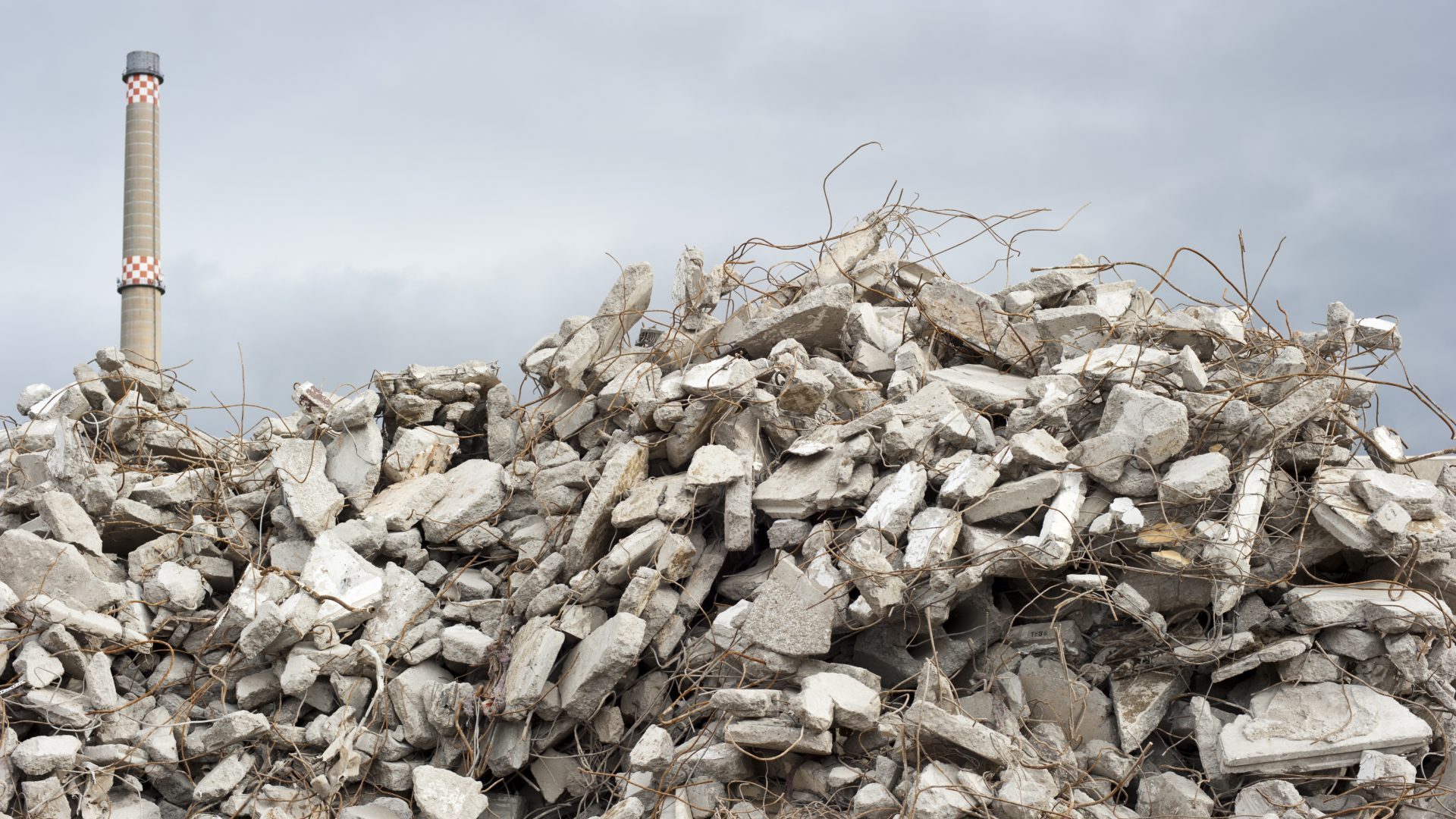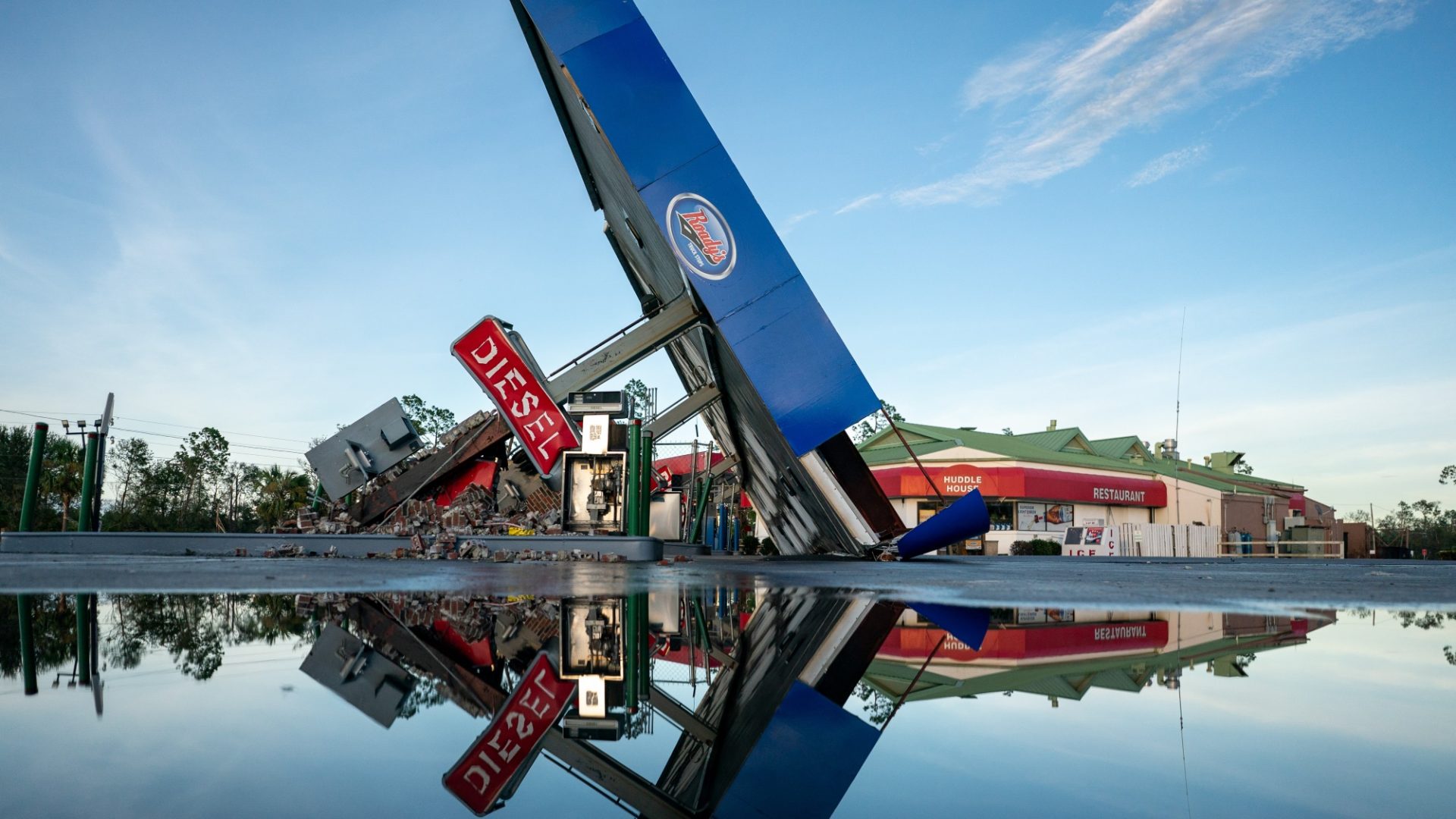So much for “build back better”. Right now, the government’s task is much more basic and hideously embarrassing: namely, to ensure that existing buildings stay upright; to reassure parents and pupils that their schools are not going to collapse in a mini-mushroom cloud of billowing dust and debris and – further afield – that those entering public sector facilities of every kind are not taking their lives in their hands.
Last week, a block of reinforced autoclaved aerated concrete (RAAC) crashed from the heavens to wreck Rishi Sunak’s forlorn hope that parliament’s return, along with the first phase of a broader cabinet reshuffle, would enable him to launch what his ministers and aides are not officially allowed to call a “reset”.
On Friday, the education minister, Nick Gibb, confirmed that the collapse of a beam at a school previously considered free of risk from aerated concrete had prompted a series of urgent counter-measures – for which, read political panic, headless chickens and an already-acrimonious blame game.
According to Gibb’s department, RAAC has been identified in the structures of 156 schools so far, and 104 have been instructed to fully or partially shutter their premises. There are few certainties in this developing omnishambles, but one is that the number of affected buildings will increase and that the political problem will metastasise rapidly.
The cheap, bubbly concrete that was once hailed as a wonder material was used extensively between 1950 and 1980 in the construction of hospitals, military buildings, prisons, courthouses and homes. What has started as an educational debacle may therefore reach into every corner, shaky joist and unsteady pillar of the public estate.
The disturbance of all these structures in the inspection process is also likely to expose deadly asbestos.
The ramifications multiply at a dizzying rate. Boris Johnson’s promise in 2020 to “build, build, build” and to “level up” the nation with a spree of “shovel-ready” construction projects and a “Rooseveltian” new deal seems both a distant memory and a sick joke.
So, as beset as this government has been by fiasco and scandal, it is important to recognise that this crisis is different: it involves what nuclear physicists call “criticality”, the chain reaction that occurs when a series of factors converge unexpectedly but with profound consequences.
As one despairing Tory MP put it to me, this is an “in-your-face” crisis, one that is much too close for comfort for far too many voters. There are more than 10.6 million full- and part-time pupils in the UK. Each and every one of them is now wondering whether it is safe to go to school; so are their parents and guardians.
Uncertain of what lies ahead, head teachers are frantically drawing up spreadsheets for the use – on a “shift” basis – of classrooms that are found to be safe, so that each cohort of pupils can be taught face-to-face at least some of the time, between bouts of online learning at home.
Will these plans be needed? Nobody knows. And this, for Sunak, is the essence of the humiliation he is now facing. As far back as his first budget in March 2020, the then chancellor made it his mantra that this is a government “that gets things done”. Well, it isn’t, is it?
Though Gillian Keegan, the education secretary, sought desperately in a Sun on Sunday article at the weekend to reassure parents that there would be no “return to the dark days of school lockdowns”, she is writing cheques that she cannot possibly cash until the full extent of the problem is known.
Again: throughout the pandemic, Sunak postured as the enemy of lockdowns and the champion of business as usual. It is bleakly ironic that he is now presiding over a moment of turmoil that inescapably triggers memories of Covid and school closures.
Under such circumstances, it is also hard to speak with a straight face of the government delivering “value for money” – especially when the tax burden is at its highest level for 70 years. Hours after Jeremy Hunt announced on Sunday that “we will spend what it takes”, the Treasury briefed that the money to pay for repairs and timetable disruption would have to be found from the existing schools budget. This is not a serious way to govern.
Much worse, the curse of RAAC symbolises a deeply embedded rottenness in public life. One of the salient features of populist politics is its aversion to the long-term, to the forging of resilience, to strategies rather than slogans. Brexit itself – for which there was notoriously no plan – is the archetype of this tendency; but the tendency is now visible everywhere.
Since 2018, when the roof of a Kentish primary school fell in, ministers have known that they faced a problem. Indeed, there had already been sporadic warnings about the “ticking time bomb” of RAAC.
Yet, as Dame Rachel de Souza, the children’s commissioner for England, told the BBC’s Laura Kuenssberg on Sunday: “There was not a plan in place for this happening. The government might not have known that it would happen this week. But we knew the stock was in this situation.” Just so.
This is so much more than an educational scandal, though it is certainly that. What we are witnessing is nothing less than the buckling and groaning of the social contract itself. To borrow the evocative phrase used by Jane Jacobs in her classic The Death and Life of Great American Cities (1961), we risk our public buildings becoming “perpetual slums”.
In this sense, the RAAC debacle is much more than an indictment of ministers. It should be a call to action to everyone. What sort of country do we want to live in? How run-down, decrepit, jerry-rigged and dilapidated are we ready for our post-Brexit nation to be?
In his party conference speech in 2017, foreign secretary Johnson declared that it was time to let the British “lion roar”. Six years later, the lion is wretchedly buried under cheap concrete rubble. Do we find that acceptable?




